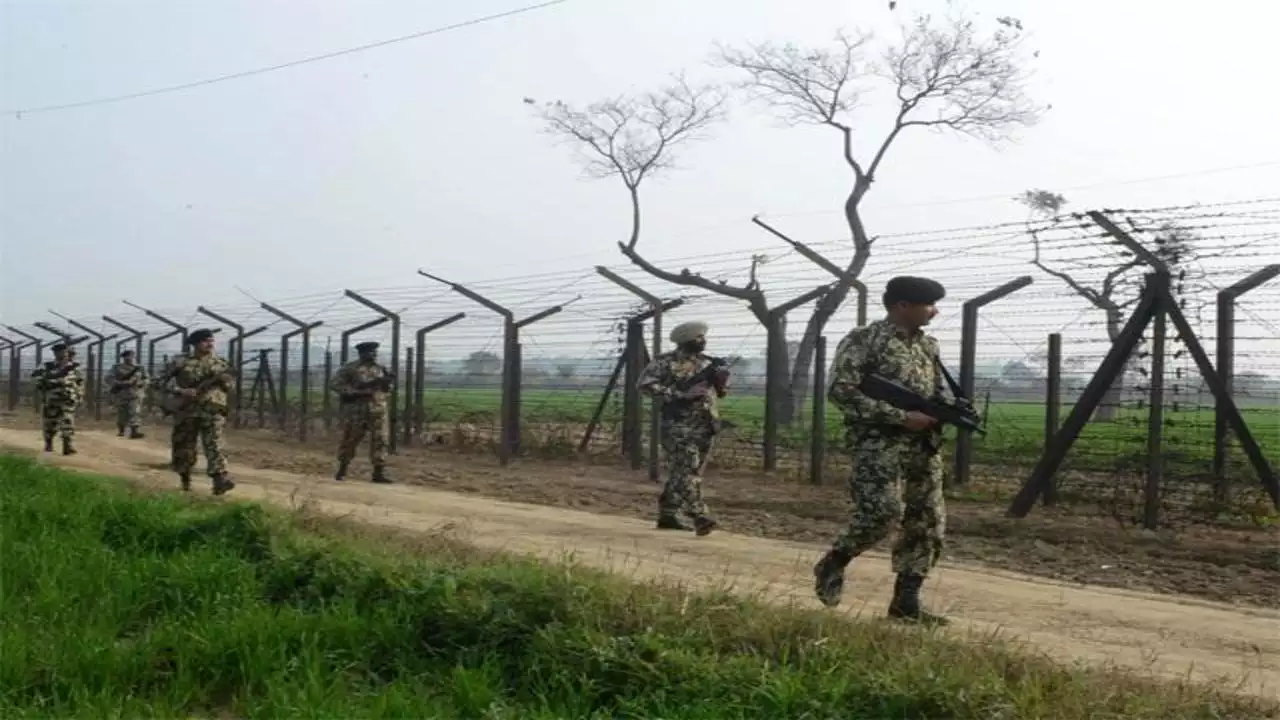Already a subscriber? Make sure to log into your account before viewing this content. You can access your account by hitting the “login” button on the top right corner. Still unable to see the content after signing in? Make sure your card on file is up-to-date.
Following a terrorist attack in Kashmir that targeted Indian tourists, India has officially downgraded diplomatic ties with Pakistan.
Some shit you should know before you read: If you’re unaware, a brutal terrorist attack took place in the town of Pahalgam in Indian-administered Kashmir, where armed gunmen opened fire on a group of tourists, killing 26 people—including 25 Indians and one Nepalese national—and injuring at least 17 others. The attack occurred in a region long plagued by conflict, where a decades-old insurgency has simmered since 1989, driven by demands for independence or unification with Pakistan. Kashmir, claimed by both India and Pakistan but administered separately, has been a flashpoint for violence, especially following India’s 2019 move to revoke the region’s semi-autonomous status. Attacks like this often occur as responses from militant groups who oppose Indian rule and resent the increased presence of security forces and outsiders in the region, with some groups claiming they are resisting what they view as state-backed repression.

What’s going on now: In response to the deadly attack, India has taken a series of aggressive diplomatic actions aimed at Pakistan, which it accuses of having indirect ties to the militants responsible. The Indian government shut down the main land border crossing with Pakistan and suspended the landmark Indus Water Treaty—a 1960 agreement brokered by the World Bank that governs the sharing of the Indus river system, a vital water source for both nations.
Indian Foreign Secretary Vikram Misri announced that multiple Pakistani diplomats, including defense advisers stationed in New Delhi, were declared persona non grata and given orders to leave. Additionally, India reduced the strength of its diplomatic mission in Islamabad from 55 to 30 staff members and canceled visas issued to Pakistani nationals under the South Asian Association for Regional Cooperation (SAARC) program, giving them just 48 hours to exit the country.
India has framed these moves as part of a broader crackdown on what it calls “cross-border terrorism,” arguing that militant groups operating in Kashmir receive support, funding, or shelter from across the border in Pakistan. Although the Indian government has not presented direct public evidence linking the Pahalgam attackers to Islamabad, officials claim intelligence assessments and security briefings point to Pakistan-based planning or influence.
Indian Defense Minister Rajnath Singh noted that their upcoming response would not be limited to those who executed the attack but would also extend to those who allegedly conspired to orchestrate it from Pakistani territory.
This all comes as Pakistan has strongly denied any involvement in the attack and criticized India’s response as politically motivated and dangerous. The Pakistani Ministry of Foreign Affairs issued a statement expressing condolences for the loss of life, calling the incident “unfortunate,” and offering sympathy to the victims’ families. However, they warned against what it described as India’s attempt to use the tragedy as a pretext to cancel international commitments like the Indus Water Treaty.
Pakistani leaders, including Defense Minister Khawaja Mohammad and Foreign Minister Ishaq Dar, suggested that India’s actions are part of a long-term strategy to isolate Pakistan diplomatically and intensify pressure on the Kashmir issue.






